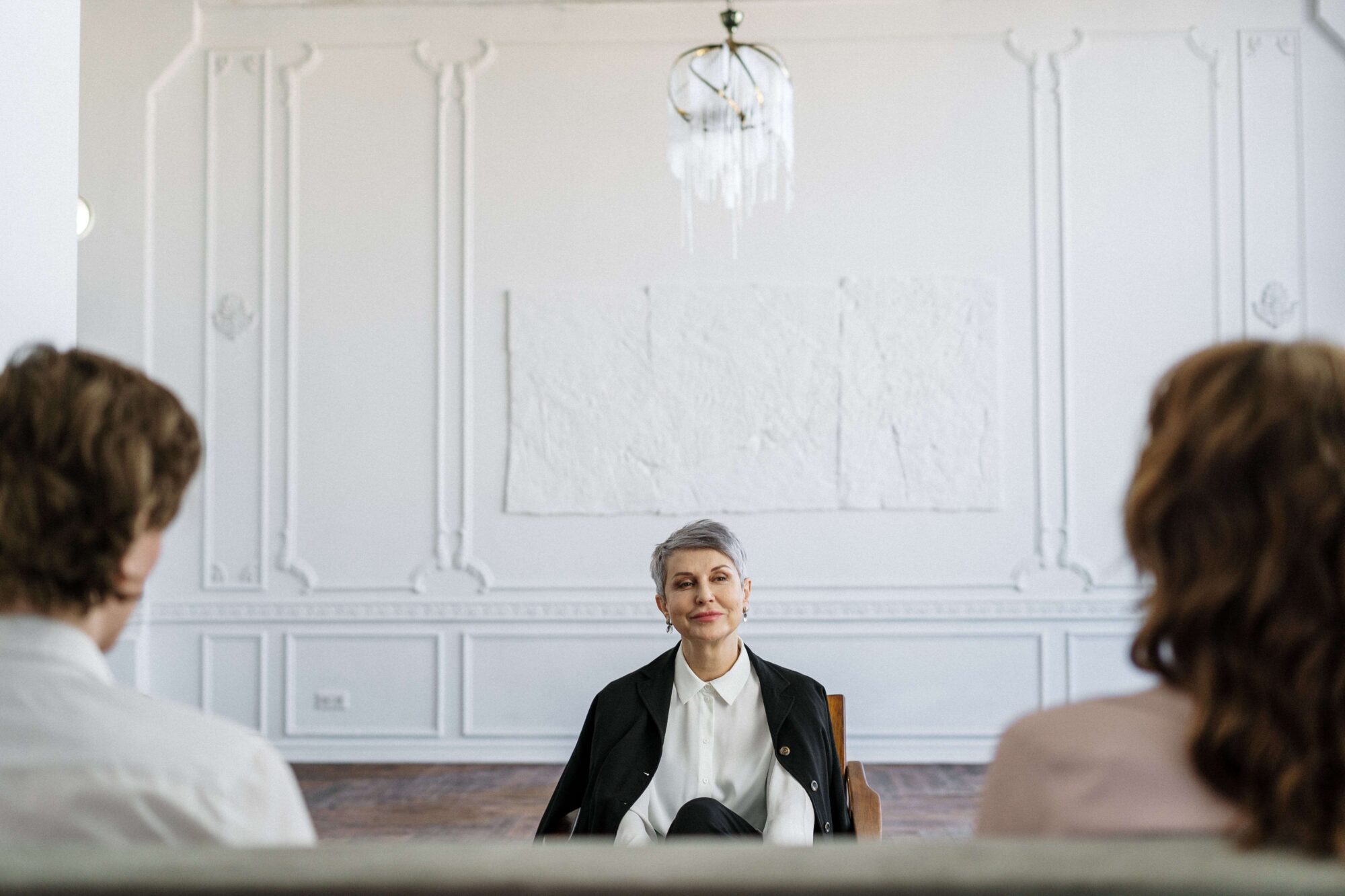Family mediation is a legal process that helps couples that are separating or divorcing to…

Pensions on Divorce
PLEASE NOTE: Information in this article is correct at the time of publication, please contact DFA Law for current advice on older articles.
Pensions on Divorce – Turning a Blind Eye?
When a married couple separates, there will usually be assets and other financial matters that need to be resolved alongside the divorce. When looking at a financial settlement, any and all assets owned by either party (whether solely or jointly with another) should be taken into account.
One of the most valuable assets that a person often has is their pension, and a recent survey by Scottish Widows reported that the average retirement fund for a married couple is as much as £132,000.
The survey also emphasised that women’s retirement prospects are generally worse than men’s as a result of a “persistent gender pay gap, maternity leave and career breaks.” It is somewhat surprising therefore, that out of the 10,000 people surveyed, less than 1 in 10 said that they would seek a fair share of pension funds upon divorce.
With Scottish Widows estimating that divorced women could be missing out on as much as £5 billion in pensions every year, we explore why is it that pensions seem to be an ignored asset?
- Value Unknown
Many people do not realise the value of their former partner’s pension fund. Pensions can be extremely valuable and when a pension is included in the ‘pot’ on divorce, this can greatly impact upon the overall settlement.
- Lack of awareness
Some people are simply unaware that their spouse even has a pension, whether this be a current or frozen pension fund. Obtaining full financial disclosure is therefore vital before agreeing a settlement.
- An Un-cooperative spouse
One spouse may be reluctant to disclose information about their pension. If one spouse is refusing to provide information on a voluntary basis, the court can force such disclosure if proceedings are subsequently issued.
- Lack of legal advice
With many people dealing with divorce and financial matters in person, they can often be ignorant to the law and their rights. Whilst proper legal advice will inevitably incur fees, the cost of legal assistance will usually be insignificant when compared to the potential benefits of pension sharing.
- Pensions are Complex
Even after legal advice, many people are simply not prepared to deal with pensions because they can be complicated. It may seem the easy way out to avoid a ‘pension minefield’ but the easiest option does not always result in a fair settlement.
- Cash is King
As pension funds are not immediately realisable, they can too often be dismissed by a spouse. Whilst they may not provide readily available cash, they will provide a source of income on retirement that would otherwise be unavailable.
- An ‘amicable’ agreement
Some people simply want to ‘keep the peace’ and avoid a discussion about pension sharing that may upset their spouse. Whilst this may not be an easy conversation to have, as many are protective over their pension assets, this should not mean settling for a financial agreement that constitutes a bad deal. It may even be feasible to use a pension as a ‘bartering tool’ by offsetting the value against other assets, to achieve a fair settlement whilst still enabling one spouse to maintain their pension.
- Retirement is in the Distant Future
With the age of retirement increasing, this can seem a long way off. As a result, making sure a pension provision is in place is often ‘put off’ for another day. The day will come, however, and ensuring that you are prepared for retirement, without relying solely on the state, is sensible.
Understanding the legalities, and your rights, surrounding pensions on divorce is therefore essential. It could ensure that you are not left vulnerable to an unfair settlement, and the long term benefits of pursuing a pension share usually outweigh the initial costs.
If you would like specialist legal advice on financial matters (including pensions), or on separation/divorce please contact DFA Law on 01604 609560 and we will be happy to help.



